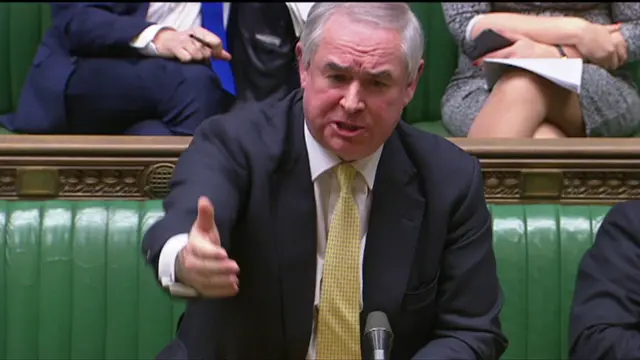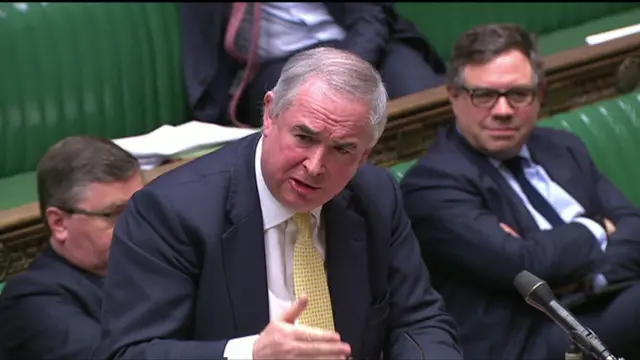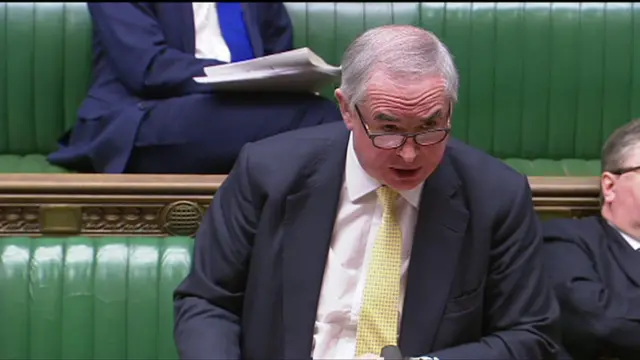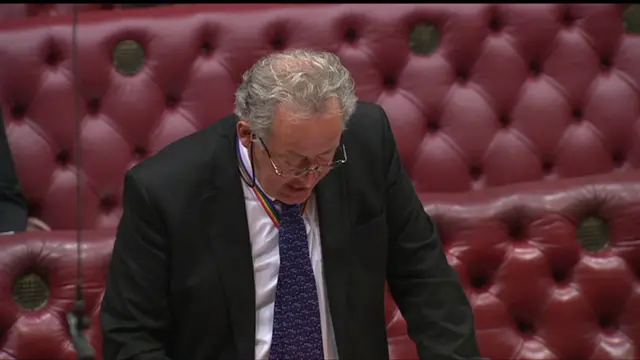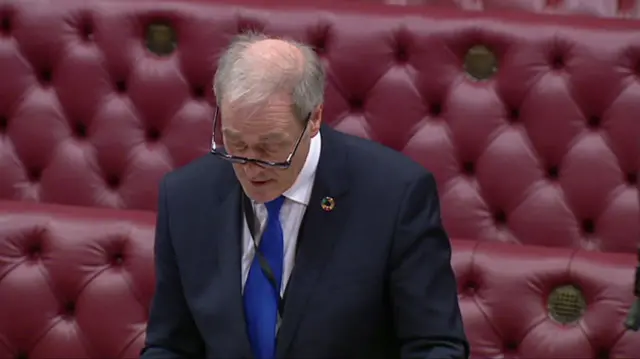MPs begin debate on knife crimepublished at 11:10 GMT 7 March 2019
 House of Commons
House of Commons
Parliament
MPs are now debating shadow home secretary Diane Abbott's question on knife crime.
Home Office Minister Victoria Atkins says "the senseless killings in recent days have shocked the country."
There is no denying the urgency of this issue, she adds, noting the government is "day in, day out" acting to end the bloodshed.
The government is taking "a tough law enforcement approach," he adds, including knife prevention orders being added to the Offensive Weapons Bill.
"We recognise that we cannot arrest our way out of this," she adds, noting that £220m is being invested into early intervention projects so young people are not "sucked into crime".
